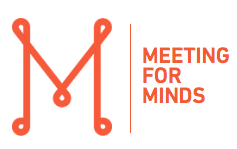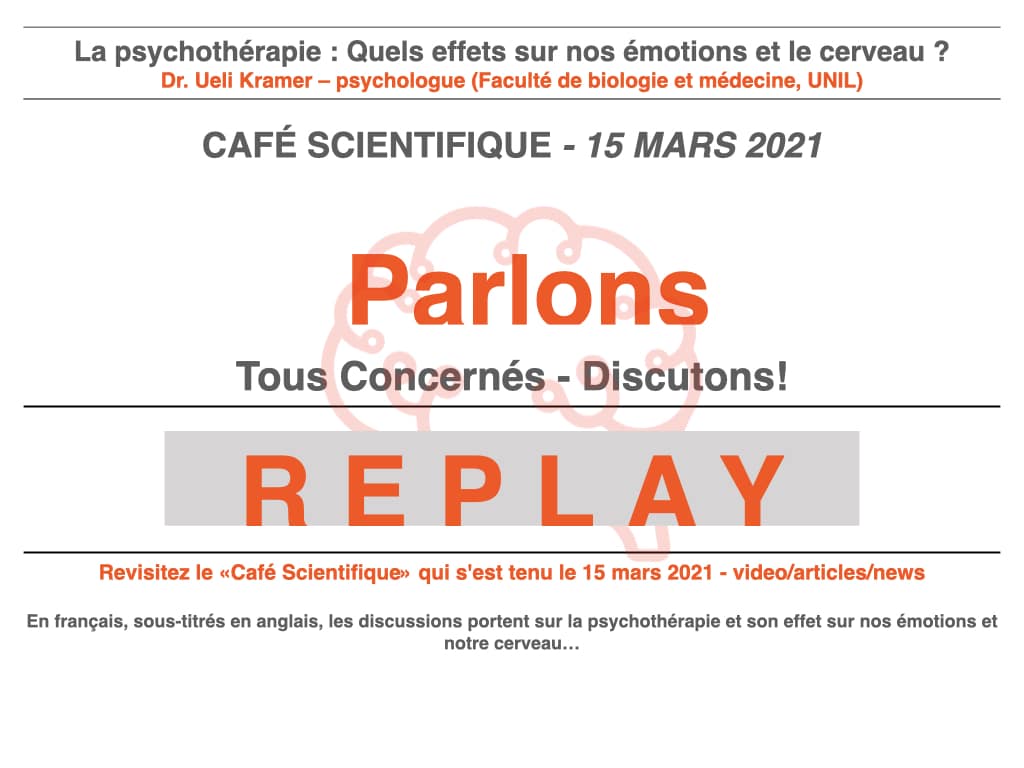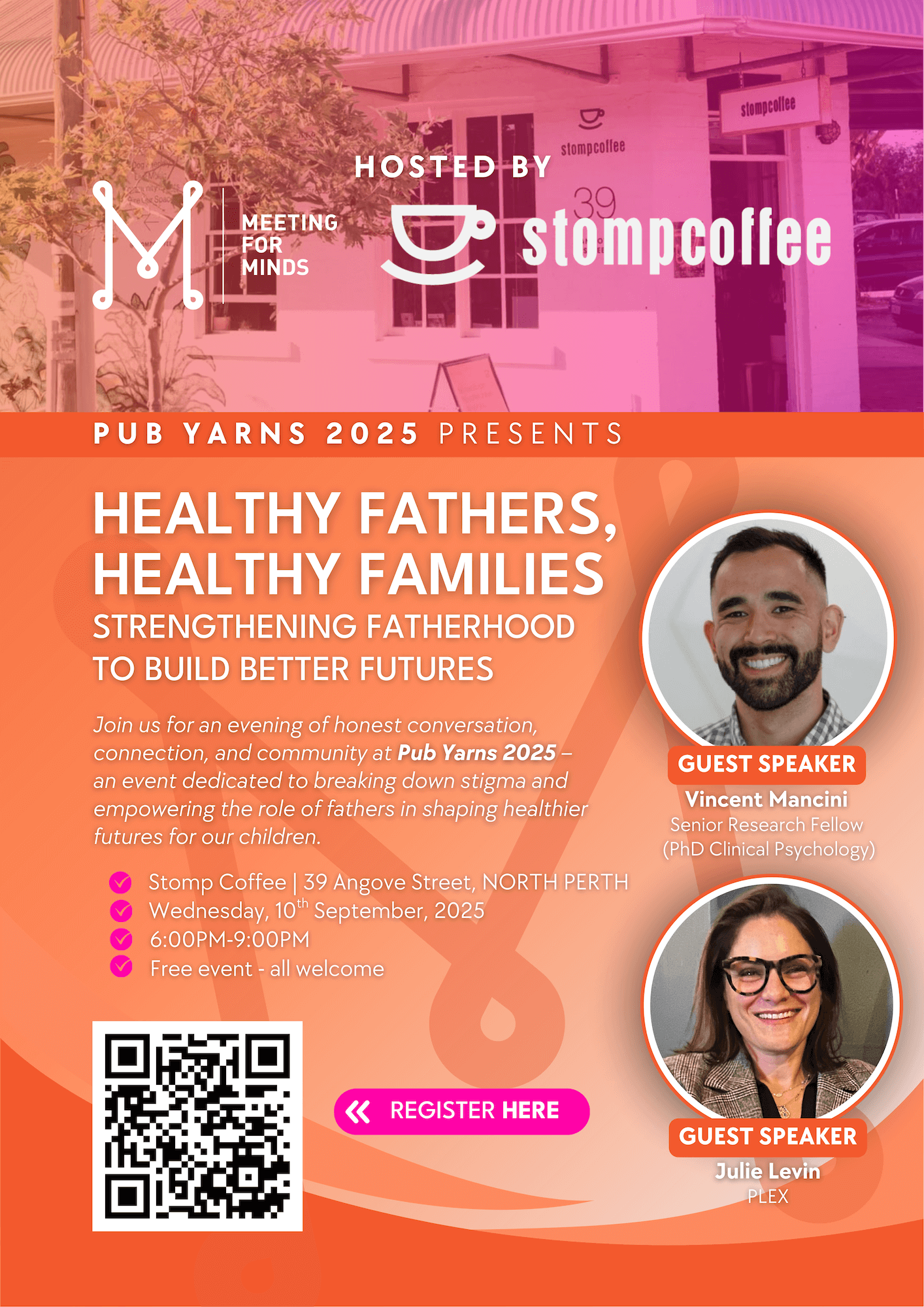‘MINDHACK’ Hackathon – Australia, May 2016
Meeting for Minds held Australia’s first ever mental health Hackathon, partnering with Spacecubed, on 20 and 21 May 2016.
During the 24-hour event, a selected group of students drawn from a broad base of disciplines, attempted to ‘MindHack’ inventive tools and methods for initiating interaction between research scientists and people with lived experience of mental illness, with the aim of fostering systematic collaboration across the science/lived experience divide.
The following Mentors from the scientific, IT, clinical and lived experience communities were on hand to bring their expertise:
- Dr Norman Sartoirus – Former director of the World Health Organization’s (WHO) Division of Mental Health, and a former president of the World Psychiatric Association
- Keith Wilson – Former West Australian Minister for Health
- Kerry Hawkins – Expertise from Experience of Mental Illness
- Dr Per Hamid Ghatan – Department of Clinical Neuroscience, Karolinska Institutet
- Susie Hincks – Expertise from Experience of Mental Illness
Our panel of judges included:
- Maria Halphen – Founder of Meeting for Minds
- Dr Nathan Gibson – Chief Psychiatrist of Western Australia
- Tamryn Barker – Managing Director CORE Resources Innovation Hub
- Sandra Burns – President of Zonta Club of Perth Inc
- Frank Cooper – Director of Woodside Petroleum Limited and South 32 Limited, and Chairman of the Insurance Commission of Western Australia

The judges chose three of our 10 formed teams, who went on to present their ideas at the Meeting for Minds Forum on the 27 May. These teams were ‘Let’s Chat’, ‘Feel Reel’ and ‘Evolve Understanding’.
‘Let’s Chat’ developed a user-friendly website, which will later be turned into an application, which encouraged user connectivity and allowed a platform through which people could share their experiences and provide support for others.
‘Feel Reel’ dealt with the extensive research covering mental health, most of which however is unavailable to those suffering. This idea essentially compressed research papers into short 30- second videos that clearly expressed the key points to users and allowed everyone to understand how the research could make a difference in their lives.
‘Evolve Understanding’ tackled the access of research to people affected by mental health. By taking information provided by global institutions, Evolve aimed to provide a more easily accessible platform to connect this information with whose lives it will benefit the most.



